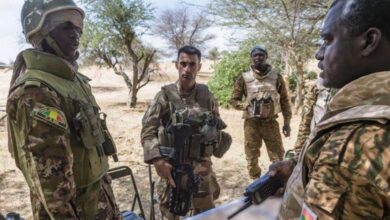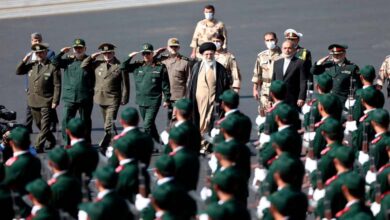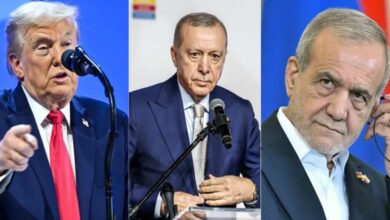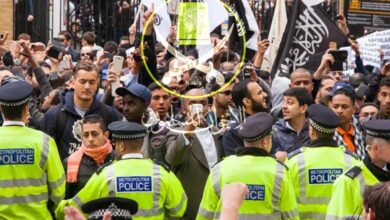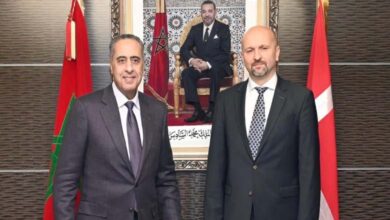Referendum and Challenges: Gabon’s Constitution Reaches a Decisive Stage
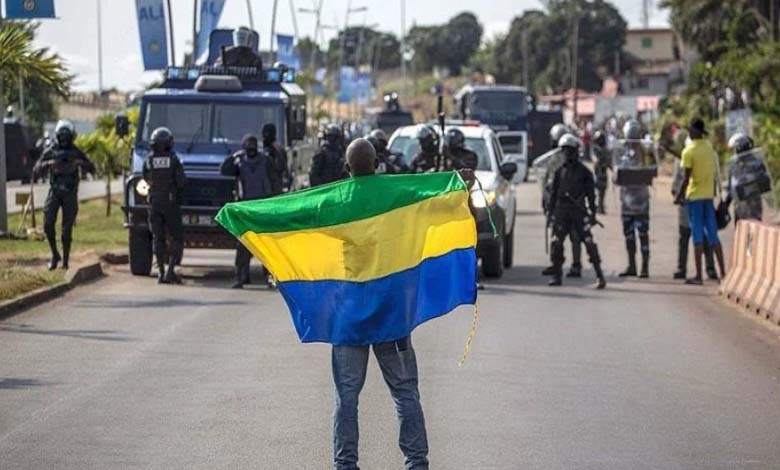
A constitutional referendum in Gabon sets the African nation on the path toward restoring constitutional order, though the journey is not without challenges.
-
Gabon’s Constitutional Draft: What the Leaks Reveal
-
One Year After the Gabon Coup: What Has Changed?
This Saturday, around 860,000 Gabonese voters are heading to the polls to decide on a new draft constitution adopted by the Constituent Assembly.
However, the 173-article text appears to lack consensus, with criticism and accusations targeting the head of the ruling military council, General Brice Clotaire Oligui Nguema, of attempting to cling to power.
Among the contentious provisions is the proposed shift to a presidential system, replacing the semi-parliamentary regime that has been in place for decades.
-
Draft of New Gabon Constitution: Everything You Need to Know
-
Terrorist Groups and the Spread of Unrest: The Gabon Coup Raises Regional Concerns
The draft also stipulates a seven-year presidential term, renewable only once. Furthermore, only Gabonese citizens aged between 35 and 70 will be eligible to run for the presidency.
Oligui Nguema defended himself against claims of a “tailor-made” text, insisting that the draft emerged from the “will of the Gabonese people, expressed through an inclusive and transparent process.”
According to the draft, the writing committee relied on recommendations from a national dialogue held last April, followed by amendments from transitional authorities.
-
Terrorist Groups and the Spread of Unrest: The Gabon Coup Raises Regional Concerns
-
How does the ongoing coup in Africa affect French presence and what is the reason behind it?
Certain provisions on eligibility, land management, and presidential succession signal a break from past abuses under ousted president Ali Bongo, who was overthrown by the military on August 30, 2023.
Polling stations opened at 7 a.m. local time and will close at 6 p.m.
To facilitate voter turnout, authorities declared Thursday and Friday as paid public holidays, enabling citizens to travel to voting locations despite the academic calendar and rainy season.
-
Global Turmoil Gives ISIS a Chance to Resume Its Terrorist Activities… How?
-
Why is the Somali group “Al-Shabaab” one of the most important arms of transnational terrorist networks?
Between “Yes” and “No”
Although the campaign began modestly, it gained significant momentum over time, according to media reports.
For ten days, “Yes” advocates toured the entire country. For instance, Prime Minister Raymond Ndong Sima visited Port-Gentil and Franceville, strongholds of the Bongo family.
Supporters argue that if the constitution is approved, it will enshrine power alternation through strict term limits, preventing prolonged monopolization of authority as seen under the Bongo family.
-
The Growing Threat of Terrorist Escapes from Prisons in West Africa: Details
-
Report: Counterfeiting Money is One of the Methods Used by Terrorist Groups to Finance Their Activities
Conversely, the “No” camp organized few physical rallies, instead leveraging social media to advocate their stance.
Prominent critics, including Pierre-Claver Maganga Moussavou (former vice president), Albert Ondo Ossa (a recent presidential candidate), and Alain-Claude Billie By Nze (Ali Bongo’s last prime minister), denounced the draft for imposing restrictive presidential eligibility criteria.
They also object to a presidential system without a prime minister and a parliament deprived of oversight powers.
-
The Free Circulation of Weapons and the Infiltration of Terrorist Elements Have Aggravated Terrorism in Africa
-
Unknown Information About Muscat Terrorists
In summary, they view the draft as an attempt to “install a king at the helm of Gabon,” a sentiment echoed by influential union leaders.
Despite these disputes, the campaign proceeded largely peacefully and without major incidents.
Key Provisions
According to the proposed draft:
- The president holds sole executive authority, assisted by two vice presidents, one of whom will oversee government coordination. The position of prime minister is eliminated.
- Ministers will be accountable only to the president, not to the cabinet.
- The president may dissolve the cabinet once during their term, but not within the first 24 months of the legislature.
- The judiciary remains independent, but the president will chair the Supreme Judicial Council.
-
Warning of a “Terrorist Attack”: State of Alert in American Bases in Europe
-
Terrorist Organizations Distort Religious Texts… What Did Ali Gomaa Say About This?


